menu
-
03/04/202415h53Notícia
UNIVERSO NAS TARDES: 02/04/24
GALERIA -
28/03/202421h12Notícia
-
28/03/202421h06Notícia
OBSERVAÇÃO ASTRONÔMICA: 27.03.24
GALERIA -
17/03/202400h41Notícia
Downloads
Monitor Manual Booklet
Practical guide to optical instrumentation and astronomical observations
O Universo nas Tardes: materiais complementares -
06/07/202313h42Notícia
OBSERVAÇÃO ASTRONÔMICA: 04.07.23
GALERIA -
18/05/202321h27Notícia
OBSERVAÇÃO ASTRONÔMICA: 16.05.23
GALERIA -
15/05/202311h54Notícia
OBSERVAÇÃO ASTRONÔMICA: 09.05.23
GALERIA -
15/05/202311h53Notícia
OBSERVAÇÃO ASTRONÔMICA: 18.04.23
GALERIA -
12/04/202309h42Notícia
OBSERVAÇÃO ASTRONÔMICA: 11.04.23
GALERIA -
29/03/202308h56Notícia
OBSERVAÇÃO ASTRONÔMICA: 28.03.23
GALERIA -
26/03/202311h14Notícia
Gallery
Processed Images at OA-FURG
IMAGES PROCESSED AT THE ASTRONOMICAL OBSERVATORY OF FURG
The Universe in the Afternoon
UNIVERSE IN THE AFTERNOON: 19 AND 26/03/24UNIVERSO NAS TARDES (IA and Astronomy): 02/04/24
Participation in Events
EVENT: 1st SEJA FURG (held on November 24-25, 2022)
Astronomical Observations
ASTRONOMICAL OBSERVATION: 01/05/23
ASTRONOMICAL OBSERVATION: 03/28/23
ASTRONOMICAL OBSERVATION: 04/11/23
ASTRONOMICAL OBSERVATION: 04/18/23
ASTRONOMICAL OBSERVATION: 05/09/23
ASTRONOMICAL OBSERVATION: 05/16/23
-
25/03/202323h03Notícia
Home
Astronomy and Astrophysics at FURG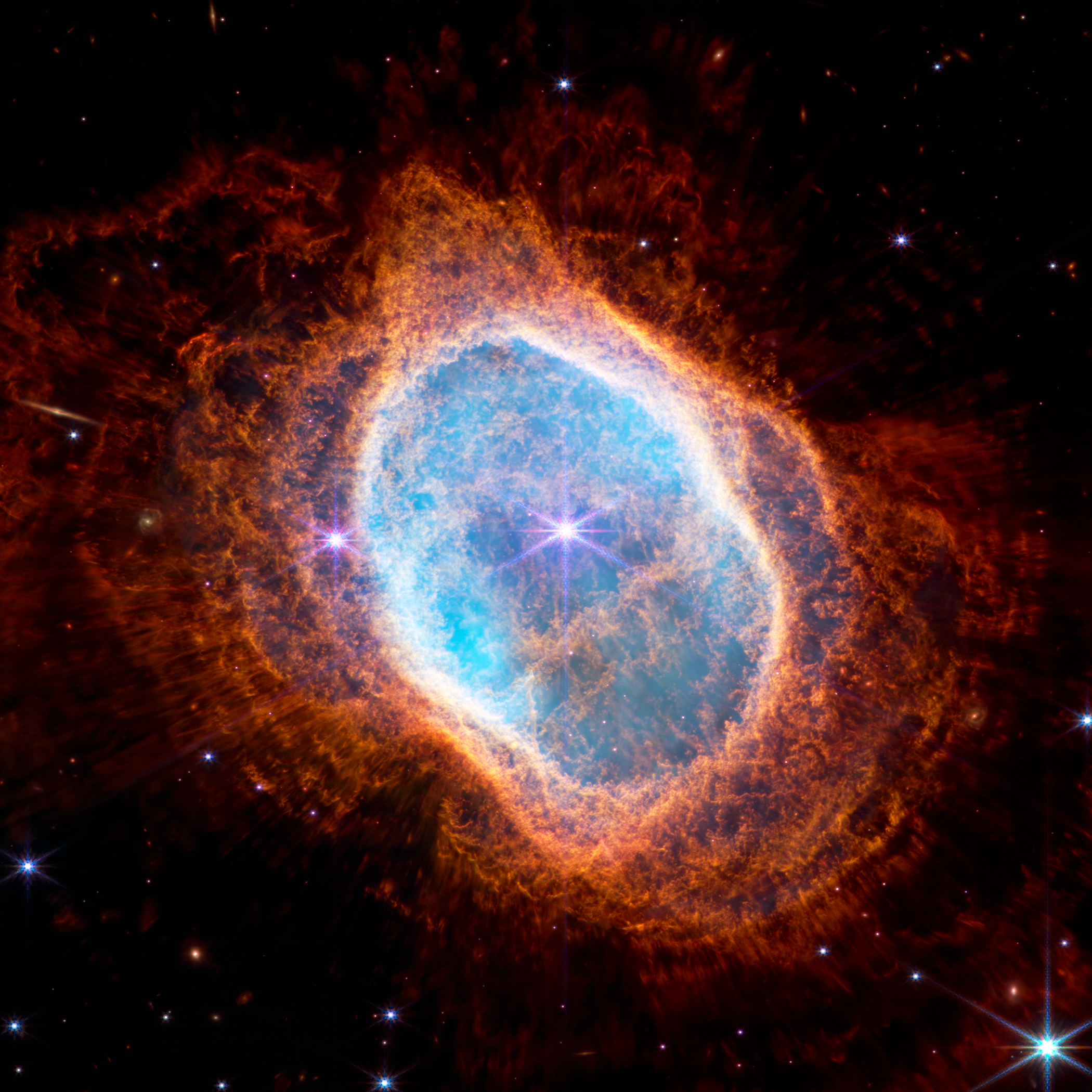 Astronomy is the oldest science. Exciting discoveries are being made today with the most sophisticated tools and techniques available. However, dedicated amateurs can still make significant contributions. The FURG observatory has two domes for optical telescopes with electronic tracking. In addition to monitoring through sophisticated software, virtual planetariums, an auditorium for scientific lectures, and a human capital full of joy and enthusiasm for astronomy. They are mainly the heart and soul of the new University Observatory. Here, various scientific, technological, and educational activities will be offered to all residents of Rio Grande. This includes lectures on astronomy and related areas, astronomical observations, mini-courses on specific astrophysical topics, colloquiums, guided tours, and much more.
Astronomy is the oldest science. Exciting discoveries are being made today with the most sophisticated tools and techniques available. However, dedicated amateurs can still make significant contributions. The FURG observatory has two domes for optical telescopes with electronic tracking. In addition to monitoring through sophisticated software, virtual planetariums, an auditorium for scientific lectures, and a human capital full of joy and enthusiasm for astronomy. They are mainly the heart and soul of the new University Observatory. Here, various scientific, technological, and educational activities will be offered to all residents of Rio Grande. This includes lectures on astronomy and related areas, astronomical observations, mini-courses on specific astrophysical topics, colloquiums, guided tours, and much more. The etymology of the word "Astronomy" implies that it was the discipline involved in the "arrangement of the stars." Today we can say that astronomy is our attempt to study and understand celestial phenomena, part of the incessant desire to discover order in nature. We don't know who the first astronomers were – what we do know is that the science of astronomy was well advanced in parts of Europe by the middle of the third millennium BCE and that the Chinese people had astronomical schools as early as 2000 BCE. In all ages, since the flowering of human intelligence, there have been people fascinated by the heavens and their changing aspect, and these people, to the extent that their cultural environment allowed them, attempted to formulate cosmologies. We are no different today. Currently, the term "Astrophysics" is also used to describe the study of celestial bodies. In fact, many astronomers use both terms quite generally. The question may well be asked "What is the difference between Astronomy and Astrophysics?" Very loosely, Astronomy can be defined as the subject of "where and when" related to the description of a celestial body with the "why and how" being covered more by Astrophysics. Instead of trying to provide a strict and fast rule for terminology, IMEF FURG has 3 research groups in the areas of Astronomy/Astrophysics (ASTROFURG, ASTROesul & ASTRO-Teo-Com) to cover all aspects of describing the heavens and the Universe. These groups are present in the coordination of the FURG Observatory. The entire universe is at your disposal; everyone is welcome.
The etymology of the word "Astronomy" implies that it was the discipline involved in the "arrangement of the stars." Today we can say that astronomy is our attempt to study and understand celestial phenomena, part of the incessant desire to discover order in nature. We don't know who the first astronomers were – what we do know is that the science of astronomy was well advanced in parts of Europe by the middle of the third millennium BCE and that the Chinese people had astronomical schools as early as 2000 BCE. In all ages, since the flowering of human intelligence, there have been people fascinated by the heavens and their changing aspect, and these people, to the extent that their cultural environment allowed them, attempted to formulate cosmologies. We are no different today. Currently, the term "Astrophysics" is also used to describe the study of celestial bodies. In fact, many astronomers use both terms quite generally. The question may well be asked "What is the difference between Astronomy and Astrophysics?" Very loosely, Astronomy can be defined as the subject of "where and when" related to the description of a celestial body with the "why and how" being covered more by Astrophysics. Instead of trying to provide a strict and fast rule for terminology, IMEF FURG has 3 research groups in the areas of Astronomy/Astrophysics (ASTROFURG, ASTROesul & ASTRO-Teo-Com) to cover all aspects of describing the heavens and the Universe. These groups are present in the coordination of the FURG Observatory. The entire universe is at your disposal; everyone is welcome. How to get to the FURG Astronomical Observatory
-
24/03/202309h38Notícia
-
06/01/202318h06Notícia
-
06/01/202317h45Notícia
-
06/01/202317h33Notícia
OBSERVAÇÃO ASTRONÔMICA: 05.01.23
GALERIA -
24/07/201812h29Notícia
Observatory Calendar
Calendar of Activities at OA-FURG -
03/10/201713h28Notícia
Team
Docentes
Prof. Dr. Fabricio Ferrari
Possui graduação em Física pela Universidade Federal do Rio Grande do Sul (1996), mestrado em Física pela Universidade Federal do Rio Grande do Sul (1999) e doutorado em Física pela Universidade Federal do Rio Grande do Sul (2002). Atualmente é professor associado da Universidade Federal do Rio Grande. Tem experiência na área de Astronomia, com ênfase em Astrofísica Extragalactica, atuando principalmente nos seguintes temas: instrumentação, astronomia extragalática, galaxias elípticas, meio interestelar e fotometria
Prof. Dr. Cristian Giovanny Bernal
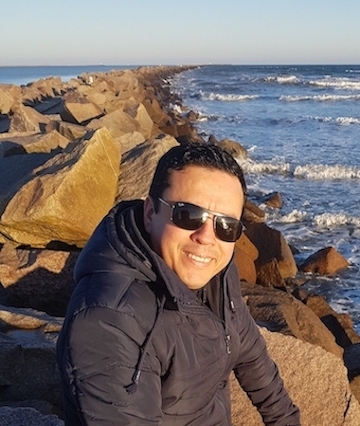
Graduação em Física na Universidad del Valle (Colômbia), Mestrado e Doutorado em Astrofísica na UNAM (México). Atualmente é Pesquisador no IMEF-FURG e membro de algúns programas de pós-graduação em Física. Participa em vários projetos internacionais de pesquisa, incluindo México, Brasil, Colômbia, USA e Itália. Tem experiência em fenómenos astrofísicos de alta energia com ênfase na astrofísica estelar, supernovas, estrelas de nêutrons, processos de acreção e astro-partículas. Trabalha na parte teórica/numérica dos modelos físicos, realizando simulações astrofísicas de grande refinamento. Fundou o grupo de pesquisa ASTROFURG - D.A.E.
email: cgbernal@furg.br
Profa. Dra. Dinalva Aires de Sales

A pesquisadora concluiu a graduação em matemática pela Universidade do Vale do Paraíba (2005), mestrado em Física e Astronomia pela Universidade do Vale do Paraíba (2007) e doutorado em Física pela Universidade Federal do Rio Grande do Sul (2012). Foi NASA Postdoctoral Fellow no Rochester Institute of Technology em 2012/2013. Foi pós-doutoranda da FAPERGS/CAPES na linha de fomento à bolsas Especiais Institucionais: DOCFIX, desenvolvendo o projeto na Universidade Federal do Rio Grande do Sul em 2013/2016. Tem experiência na área de AstroBioGeoQuímica, atuando de forma transdisciplinar com as ciências física, química, matemática e computacional, principalmente nos seguintes temas: processamento, modelagem e análise de sinais nas ciências exatas; modelagem de moléculas complexas; núcleo ativo de galáxias; galáxias em interação; espectroscopia e fotometria; sensoriamento remoto aplicado ao meio ambiente. Atualmente é professora adjunta do Instituto de Matemática, Estatística e Física (IMEF) da Universidade Federal do Rio Grande (IMEF-FURG), compõe o corpo docente do Programa de Pós-Graduação em Física do IMEF-FURG. No ano de 2017 e 2018 foi Coordenadora Adjunta do Programa de Pós-Graduação em Física (PPG-Física) do IMEF-FURG. Entre 2019 e fev/2021 foi coordenadora do PPG-Física IMEF-FURG. Atualmente é Coordenadora de Bolsas Institucionais na Pró-reitoria de Pesquisa e Pós-Graduação da FURG. Foi a vencedora do Prêmio Carolina Nemes 2020 da Sociedade Brasileira de Física que é outorgado a mulheres físicas em início de carreira cujo trabalho de pesquisa tenha contribuído de forma significativa para o avanço da física no País. É diretora científica da empresa INOV[ENTER] (CNPJ 42.911.542/0001-66 https://inoventerfurg.wixsite.com/inoventer). Lista de todos os canais https://allmylinks.com/dinalvasales
Estagiário
Matheus Daniel Koren
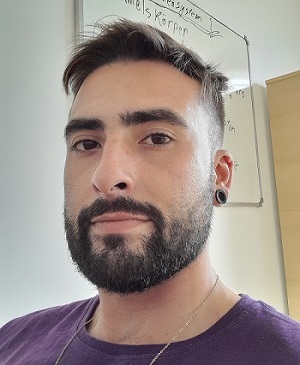
O pesquisador é discente de Física na Fundação Universidade Federal do Rio Grande (FURG). Integra o grupo de pesquisa Comunidade de Investigação em Ensino Interdisciplinar de Física (CIEFI) e atualmente é estagiário do Observatório Astronômico IMEF-FURG, Possui interesses em Ensino de Física multidisciplinar, divulgação científica de temas relacionados a Astronomia, Instrumentação Astronômica, Astrofísica de objetos compactos e Astrofísica estelar.
email: mdkmatheuskoren@gmail.com
Bolsistas de Iniciação Científica
Thiago Silva da Rosa
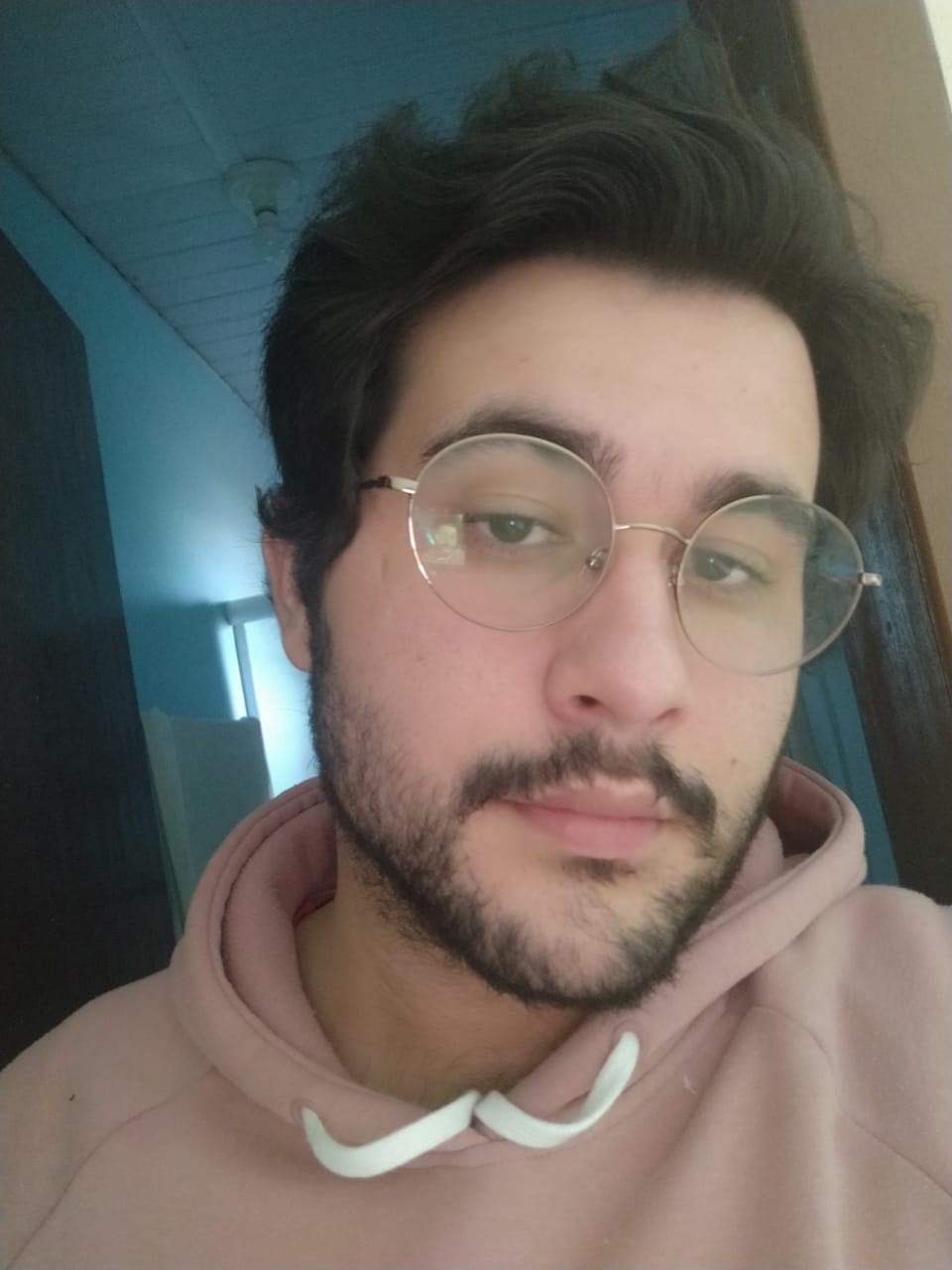
Graduando em Física Licenciatura na FURG. Bolsista de Iniciação Científica no projeto "Galaxy Morphology". Fez parte do diretório acadêmico de Física na FURG por um ano e tem interesse na área de física médica, física de radiações e astrofísica. Sua área de pesquisa envolve esses últimos interesses e sua aplicação na vida cotidiana.
email: thiago_silvadarosa@hotmail.com
Ryan Borges de Leon

Graduando no curso de Engenharia de Computação na Universidade Federal do Rio Grande(FURG). Ao longo do primeiro ano de faculdade participou como monitor voluntário da cadeira de fundamentos de química. No início do ano letivo de 2023 entrou para o projeto do Observatório da FURG.
e-mail: ryanbleon0@gmail.com
Jessica M. Mota

Engenharia Química bolsista de iniciação científica em Morfometria de Galáxias e responsável pela divulgação do Observatório nas redes sociais.
João Pedro Venske de Abreu
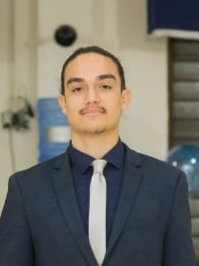
Discente do curso de Física bacharelado na FURG. Bolsista do Observatório Astronômico da FURG (OA FURG)
email: joaovenske@gmail.com
Estudantes da Pós-Graduação em Física (PPG)
Ana Beatriz Minari
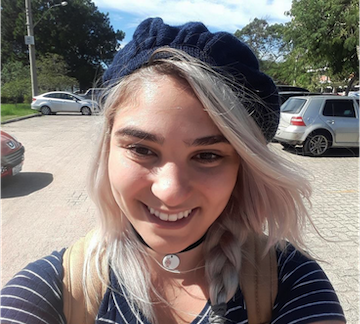
Atualmente está cursando o Mestrado em Física na Universidade Federal do Rio Grande - FURG. Tem interesse na grande área da hidrodinâmica astrofísica, principalmente na dinâmica e energia dos jatos astrofísicos em todas a escalas astronômicas. Seu TCC focou na simulação numérica de alguns aspectos dos jatos astrofísicos, sua morfologia, formação, dinâmica e procesos de colimação. Agora está focando sua pesquisa no jato do objeto SS433.
E-mail: minari@furg.br
Henrique Hirsch
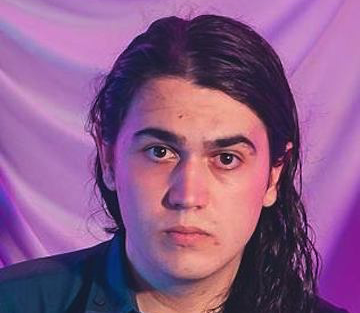
Atualmente faz Mestrado em Física na Universidade Federal do Rio Grande (FURG). Após sua formação pretende-se especializar em astrofísica de altas energias. Tem interesse no estudo dos plasmas astrofísicos usando ferramentas de simulação robustas. Seu TCC foi direcionado para estudos numéricos de discos de acreção em torno de estrelas compactas, principalmente, nos efeitos da viscosidade e do resfriamento na orla interior dos discos entorno de estrelas de nêutrons. Agora está focando sua pesquisa no disco do objeto SS433.
E-mail: henriquedhirsch@gmail.com
Voluntários (as)
Cecilia Ferreira da Silva

Estudante de Graduação em Química Bacharel pela FURG (Universidade Federal de Rio Grande, Rio Grande, RS, Brasil). Bolsista pela CNPQ no Centro Integrado de Análises FURG - Desde 2022.2. Voluntária no projeto do Observatório da Furg (Iniciação Científica)
E-mail: ceciliaferr18@icloud.com
-
03/10/201713h25Notícia
Scientific divulgation
Scientific Outreach Activities
The projects conducted at the IMEF-FURG Astronomical Observatory are an integral part of FURG's university extension projects. Their main purpose is to promote integration among colleagues and students from various fields of knowledge, while disseminating astronomical knowledge in the Rio Grande community. Additionally, they aim to encourage the involvement of enthusiastic students in the local astronomical community.
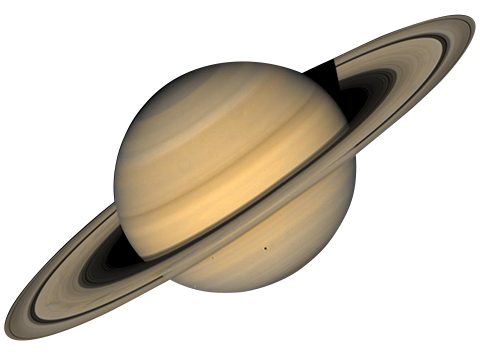 Starry Sky: Astronomical observations occur regularly every Tuesday evening on the IMEF Terrace, in the same building as the observatory (room S1). Open to the public, these sessions offer the opportunity to explore the night sky under the guidance of experienced astronomers. Quality equipment is provided for an educational and immersive experience. The goal is to promote access to and understanding of astronomy in the local community.
Starry Sky: Astronomical observations occur regularly every Tuesday evening on the IMEF Terrace, in the same building as the observatory (room S1). Open to the public, these sessions offer the opportunity to explore the night sky under the guidance of experienced astronomers. Quality equipment is provided for an educational and immersive experience. The goal is to promote access to and understanding of astronomy in the local community.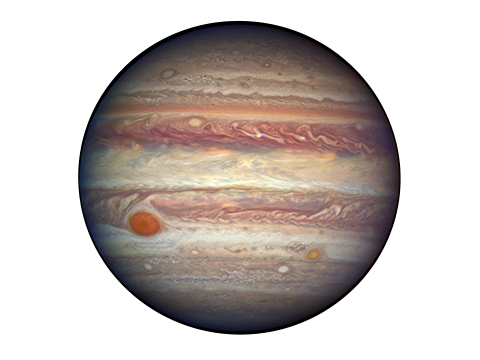 The Universe in the Afternoons: In accordance with the guidelines of the International Astronomical Union's Office of Astronomy Outreach (OAO), which aims to build networks to support and disseminate astronomical information for the general public, the ASTROFURG group at IMEF adopts this mission and establishes the program "Sharing the Universe." This program seeks to disseminate astronomical knowledge through various channels, such as lectures, astronomical observations, websites, blogs, and news, among other resources.
The Universe in the Afternoons: In accordance with the guidelines of the International Astronomical Union's Office of Astronomy Outreach (OAO), which aims to build networks to support and disseminate astronomical information for the general public, the ASTROFURG group at IMEF adopts this mission and establishes the program "Sharing the Universe." This program seeks to disseminate astronomical knowledge through various channels, such as lectures, astronomical observations, websites, blogs, and news, among other resources.

